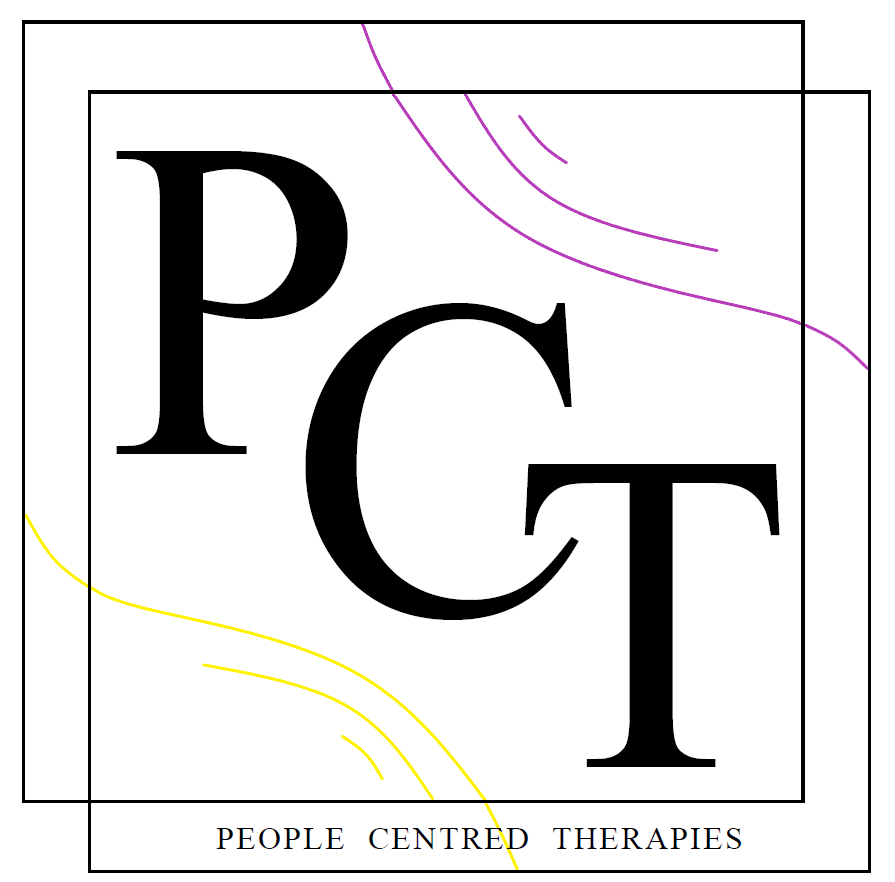Occupational Therapy Services
What we offer
-
A Functional Capacity Assessment provides a comprehensive evaluation of a person’s functional abilities across daily activities and environments. The assessment involves a structured interview (typically 2–3 hours), completion of standardised and non-standardised assessment tools, and direct observation of the person’s functional performance. The resulting FCA report offers an in-depth analysis of the person’s capacity to complete personal care, domestic tasks, and other activities of daily living, highlighting the impact of their disability or injury on these tasks. The report covers medical and social history, current formal and informal supports, living environment, physical, cognitive, psychological, behavioural, and sensory functioning, as well as engagement in employment, community access, and leisure. Recommendations address the need for formal supports, assistive technology and equipment, home modifications, driving and vehicle modifications, and other interventions to enhance independence and quality of life.
-
A Functional Capacity Assessment (FCA) provides a comprehensive evaluation of a person’s functional abilities across daily activities and environments. The assessment involves a structured interview (typically 2–3 hours), completion of standardised and non-standardised assessment tools, and direct observation of the person’s functional performance. The resulting FCA report offers an in-depth analysis of the person’s capacity to complete personal care, domestic tasks, and other activities of daily living, highlighting the impact of their disability or injury on these tasks. The report covers medical and social history, current formal and informal supports, living environment, physical, cognitive, psychological, behavioural, and sensory functioning, as well as engagement in employment, community access, and leisure. Recommendations address the need for formal supports, assistive technology and equipment, home modifications, driving and vehicle modifications, and other interventions to enhance independence and quality of life.
-
An Assistive Technology (AT) Assessment involves a comprehensive review of a person’s physical and cognitive function to identify equipment and technology solutions that promote safety, independence, and participation in daily life. The assessment includes evaluation, trial, and prescription of appropriate aids, appliances, and assistive technology to support living at home and within the community. For low-cost items, a brief letter of recommendation may be provided. For mid- and high-cost equipment, a detailed NDIS-compliant report is prepared to justify the need for funding based on the impact of the person’s disability or injury.
-
Capacity building services begin with an initial meeting and interview to understand your abilities, challenges, and personal goals. From there, we work collaboratively to develop practical strategies to enhance your independence and participation in everyday life. This may include building skills in self-care activities (such as dressing, showering, and oral care), preparing to move out of home, developing social connections, or pursuing education and employment opportunities. Our goal is to support you to engage in the activities that matter most to you, with greater confidence and independence.
-
A Driving Assessment is conducted by a Driver Trained Occupational Therapist (OT) to determine your medical fitness to drive. The assessment includes both off-road and on-road components and is tailored to your individual needs, whether following an injury, managing a disability, or undergoing driver rehabilitation. The process evaluates your vision, physical capacity, cognitive skills, and driving competence, and can also include assessment of vehicle modifications or ergonomic adjustments to support safe and comfortable driving.
Off-Road Assessment
The off-road assessment typically takes 1.5 to 2 hours and evaluates your vision, cognitive processing, and physical fitness to drive. Road knowledge and hazard perception skills are assessed using the Drive Safe Drive Aware app to assist in determining your ability to meet Department of Transport and Main Roads (TMR) criteria for safe community driving.On-Road Assessment
The on-road assessment typically takes 1 to 2 hours and involves a practical driving session tailored to your usual driving patterns and abilities. This may include assessment of your need for driver rehabilitation, training in the use of vehicle modifications, or determining your ongoing fitness to drive.Following the assessment, the OT provides a formal report with recommendations to your GP, who is responsible for making the final decision regarding your medical fitness to drive. If fitness to drive is confirmed, your GP will issue a Queensland Transport Medical Certificate, which you will present to Queensland Transport to update your driver’s licence accordingly.
-
A Progress Report provides a structured summary of the therapeutic work undertaken to support capacity building and goal achievement. The report details the strategies implemented, specific goals targeted, progress made towards achieving these goals, and any barriers encountered during the therapy process. It offers clear insights into the participant’s development and informs future planning and service delivery.
